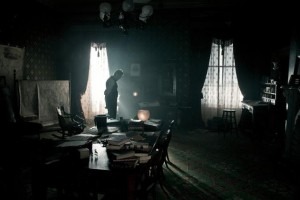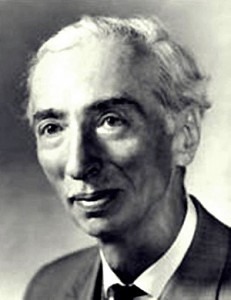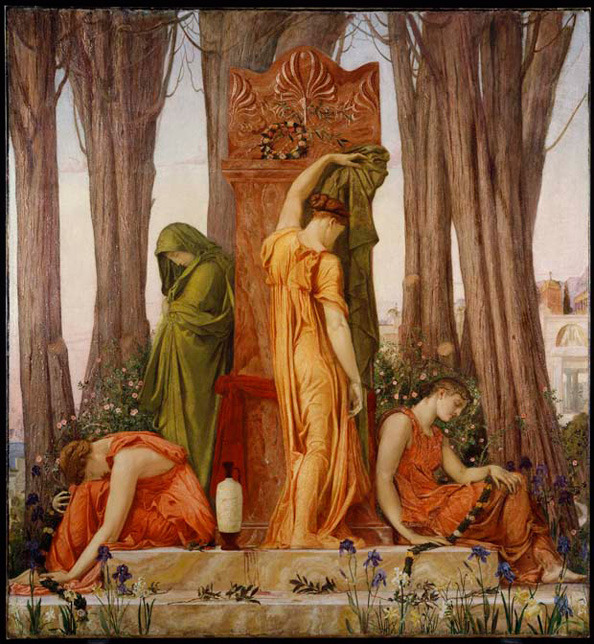
Lincoln the movie
Credit: http://www.lalunaditraverso.com/
The Elegie begins with solo flute and a slowly building impressionistic melodic line that gradually builds to a climax. Solos for the English horn and a low clarinet bring us back to a very hushed conclusion. We can hear the emotion of the work built into the climax and fall.
Zádor: Elegie and Dance: Elegie: Andantino (Budapest Symphony Orchestra MAV; Mariusz Smolij, cond.)
After the mysterious and even nocturnal nature of the Elegie, the Dance returns us to sunlight and celebration.
Elegie and Dance: Dance: Allegro (Budapest Symphony Orchestra MAV; Mariusz Smolij, cond.)
Film composer John Williams (b. 1932) wrote two elegies. His Elegy for Cello and Piano of 1997, arranged in 2002 for cello and orchestra, was written for a memorial service and is based on a secondary theme from his music for the film Seven Years in Tibet.

Eugene Zádor
Credit: http://forums.ffshrine.org/
He wrote another one in 2012 for the soundtrack of the movie Lincoln, which is a reaction to the regret, sorrow, and horror of the Civil War.
Williams: Lincoln: Elegy (Chicago Symphony Orchestra, John Williams, cond.)
In all these contrasting ideas of the elegy, we can see the potential for what an elegy could be: a personal statement of loss or a general dark vision; an act of mourning or a sad point of view. The sad side of human nature has a musical response and it can feed our own melancholy and give it a sound.




